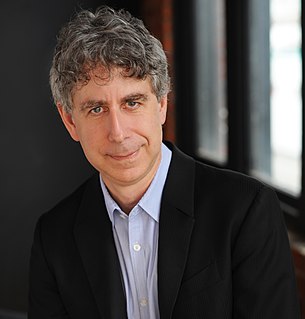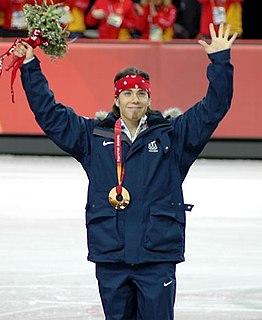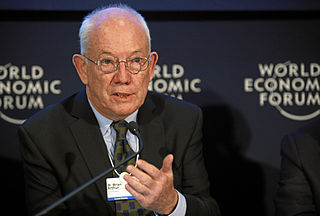A Quote by Joel Bakan
Goodwin has done the seemingly impossible-he has made economics comprehensible and funny.
Related Quotes
Wenna followed us out. "You've done him some good, Clary, I have to say! He's got color in his cheeks, and he's stepping along as if he was sixty again," she told Goodwin as she walked us to the gate. "You'll come back?" "Of course," Goodwin said. "But thank Cooper for his improved spirits. Once he'd insulted her a few times, he was in the pink.
It might be a good idea if, like the White Queen, we practiced believing six impossible things every morning before breakfast, for we are called on to believe what to many people is impossible. Instead of rejoicing in this glorious "impossible" which gives meaning and dignity to our lives, we try to domesticate God, to make his might actions comprehensible to our finite minds.
When you start out on a career in the arts you have no idea what you are doing. This is great. People who know what they are doing know the rules, and know what is possible and impossible. You do not. And you should not. The rules on what is possible and impossible in the arts were made by people who had not tested the bounds of the possible by going beyond them. And you can. If you don't know it's impossible it's easier to do. And because nobody's done it before, they haven't made up rules to stop anyone doing that again, yet.
Anyway that's a large part of what economics is - people arbitrarily, or as a matter of taste, assigning numerical values to non-numerical things. And then pretending that they haven't just made the numbers up, which they have. Economics is like astrology in that sense, except that economics serves to justify the current power structure, and so it has a lot of fervent believers among the powerful
The progressive agenda is actually legitimated by the incomprehension and anger it elicits: If the people do not resent and resist what is being done on their behalf, what is being done is not properly ambitious. If it is comprehensible to its intended beneficiaries, it is the work of insufficiently advanced thinkers.





































